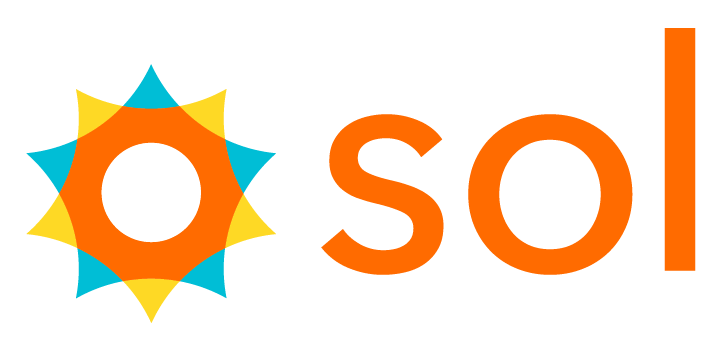Part 3 of 3: Kerry Rupp and Sara Brand: Investing in positive purpose
Kerry Rupp and Sara Brand from True Wealth Ventures recently sat down with Sol Marketing to discuss their new fund, why women-led businesses are a great investment, and what they’re doing to make sure women-led businesses get the capital they need to grow. In this last of three posts, Rupp and Brand talk about why they're focusing on companies with a "positive purpose" and what they're obsessed with, and offer up words of wisdom for women entrepreneurs.
(Read parts one and two of this three-part interview)
What makes a for-profit company that is a positive purpose company different from a non-profit or a regular for-profit?
SB - The simple answer is that the positive purpose for-profit companies are looking to make money and grow their business model so that they can create significant financial returns. One of the things we have seen with women being investors is that high net worth women have made a lot of philanthropic ventures, but have not tended to invest in VC early stage asset classes. A lot of investors behind VCs have a similar gender profile. We see this as an opportunity as being an easier way for investors to try us out and know that their money will make a difference in the world, and that they will receive a significant ROI.
My view is that these for-profit, for-good companies look at creating a view of their stakeholders beyond just their shareholders. They think about the environment and having a greater impact in the world and they have the potential to move markets and change the world faster and in a bigger way than nonprofits.
KR – It’s starting to become a bit of a requirement for consumer products because millennials and women are building criteria about companies and how they behave when utilizing their decision process-- thinking about locally sourced, sustainably raised. Instead of thinking of it as you’re giving something up by giving so much to these other stakeholders, instead it can be what drives revenue streams and purchases because they are listening to their target market. The traditional view was that by taking into account certain stakeholders you are giving up some financial rewards, this is not true anymore. This can be how you win!
If you could go back in time and kick your younger self in the butt what would it be about and why?
SB - I got my PhD in Mechanical Engineering. I spent many hours doing these detailed things that I use zero of today. I would go back and tell myself just pass the exams. You don’t need to master this material that you will never use again.
KR - I’m going to take a bit of a cop-out answer, but I would say that I wouldn’t take any of my failures back. It is a part of the process and critical for learning. I feel like they were important in my development.
Besides your work with entrepreneurs and investors in the VC world, what are you obsessed with?
KR - I have been spending more time researching the health sector. Over the last few months I’ve been looking at inflammation and diseases and how epigenetics impacted these diseases. I started looking into what type of things people can do in a preventative way to stop these diseases from happening. I’m also looking into therapeutics in this space.
SB - I have a similar answer, so when you take that away I don’t have much to add. I have a son that was diagnosed with celiac. Because we owned a microbrewery, we ate a lot of bread products and all things gluten. I learned a lot about disorders like celiac. This opened my eyes as to what affects the things we eat are having on our bodies, especially in cases with autoimmune diseases. This is something I have been educating myself on and trying to learn more about.
Any parting words of wisdom for our women entrepreneur readers out there?
SB - Woman entrepreneurs need to know that there are so many opportunities out there for them, because they can bring a lot of value to the table for these startups that lack gender diversity. For woman investors, I think that what’s most inspiring is that today women hold 40% of the U.S investable assets and in the next 15 years that number is supposed to go up by 2/3. Women at the purchase point and their investments, they have the power to move markets. There is a lot of influence that women can have with their investments.
KR - From a marketer’s point of view, there was a process that got us to this place where we could focus on particular sectors and the gender lens. For people that are going through the process, talking to your customers and understanding your target market to identify your competitive advantage is something we all go through.

